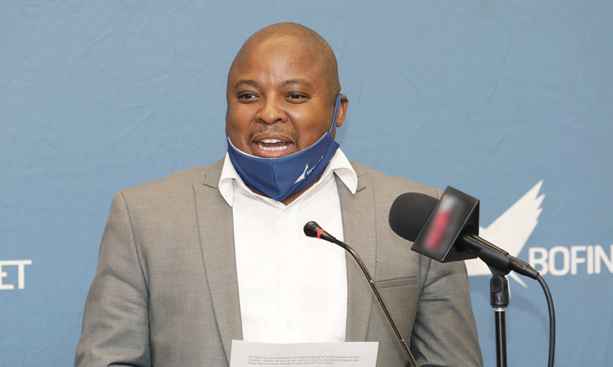Effective regulatory reform has made Botswana’s telecom market one of the most liberalised in the region. There is a service-neutral licensing regime adapted to the convergence of technologies and services, and several operators now compete in all telecom sectors.
Botswana has one of the highest mobile penetration rates in Africa, though with this growth in the number of subscribers has slowed sharply in recent years. The popular use of multiple SIM cards from different operators has delayed the introduction of mobile number portability.
Although the telecom regulator has not been convinced of the facility’s economic benefits the government insists that the facility will be made available. In a bid to generate new revenue streams and secure market share, the three MNOs – Mascom Wireless (an affiliate of South Africa’s MTN), Orange Botswana (backed by Orange Group) and BTC – have entered the underdeveloped broadband sector by adopting 3G, LTE and WiMAX technologies. In the fixed-line broadband market they compete with a large number of ISPs, some of which have rolled out their own wireless access infrastructure.
After a period of stagnation, the number of internet users has risen strongly in recent years, largely the result of lower prices following improvements in international connectivity. Historically, the landlocked country has depended on satellites for its international bandwidth, and on other countries for transit capacity to landing points of international submarine fibre optic cable systems. The landing of additional cables in the region in recent years has improved the competitive situation in this sector, while prices for connectivity have fallen dramatically. Paratus Teleco in mid-2020 announced plans to build a private network covering the entire country and linking to the company’s international cables.
BuddeComm notes that the outbreak of the Coronavirus is having a significant impact on production and supply chains globally. The telecoms sector to various degrees is likely to experience a downturn in mobile device production, while it may also be difficult for network operators to manage workflows when maintaining and upgrading existing infrastructure. Overall progress towards 5G may be postponed or slowed down in some countries.
On the consumer side, spending on telecoms services and devices is under pressure from the financial effect of large-scale job losses and the consequent restriction on disposable incomes. However, the crucial nature of telecom services, both for general communication as well as a tool for home-working, will offset such pressures. In many markets the net effect should be a steady though reduced increased in subscriber growth.
Although it is challenging to predict and interpret the long-term impacts of the crisis as it develops, these have been acknowledged in the industry forecasts contained in this report.
The report also covers the responses of the telecom operators as well as government agencies and regulators as they react to the crisis to ensure that citizens can continue to make optimum use of telecom services. This can be reflected in subsidy schemes and the promotion of tele-health and tele-education, among other solutions.
Key developments:
• BTC improves satellite connectivity to improve rural broadband access and support e-learning and e-government services;
• Orange Botswana expands its Digital Schools Project, extends the reach of LTE-A services;
• Alphabet secures clearance to trial project Loon in Botswana;
• Government imposes m-money transaction limits;
• Regulator ends off-peak mobile wholesale call rates;
• Korea Telecom advises BTC on LTE network optimisation;
• Orange Money initiates cross-border m-payment platform;
• BTC reports 3.7% increase in revenue for the first half of fiscal 2020;
• Report update includes telcos’ data to Q3 2020, regulator’s 2019 annual report and market data to Q1 2020, Telecom Maturity Index charts and analyses, assessment of the global impact of Covid-19 on the telecoms sector, recent market developments.
